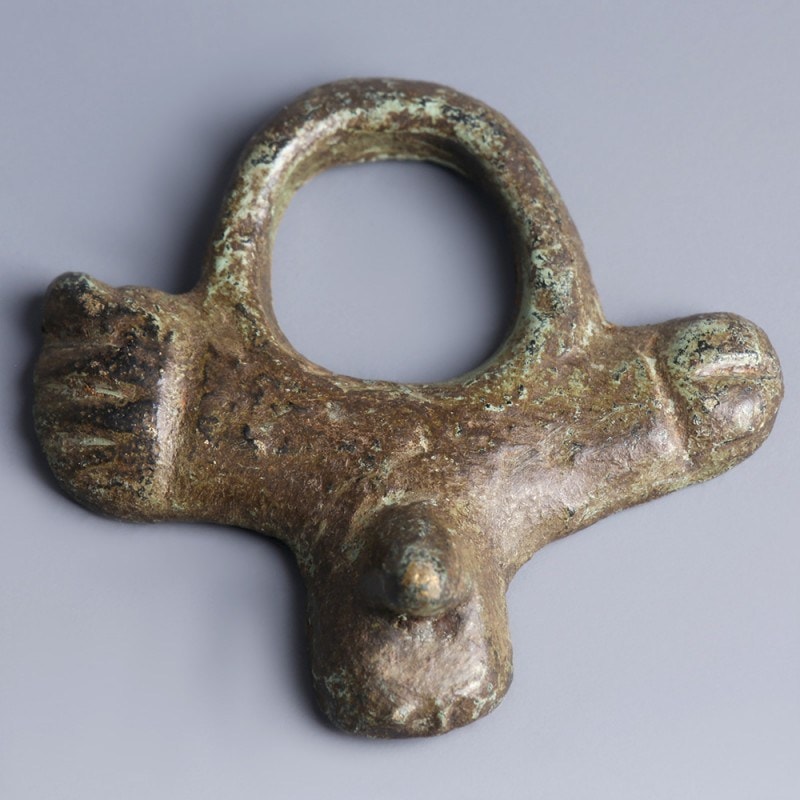
ADVERTISEMENT - CONTINUE READING BELOW
28. The Roman Fascination with Flying Phallic Symbols
The Roman world had a rich religious pantheon, that included over 200 gods. One of the lesser-known ones today – although he was quite popular in ancient Rome – was Fascinus, the winged phallic god. Fascinus was the god of masculine regenerative power, whose symbol was a phallus. He was literally all-male appendage, taken to the nth degree of maleness. His body was an erect member and a pair of testes. He had a phallus for a tail, and also for legs. And he had wings, so he could fly around and spurt his blessings upon lucky mortals.

ADVERTISEMENT - CONTINUE READING BELOW
Fascinus was believed to be lucky. So worshippers carried him around in the form of amulets or pendants that hung from their necks, just like pious Christians wear crosses around their necks today. Except that instead of a cross, Romans had an erect male member dangling from their necks. Fascinus, being what he was… was naturally constantly on the prowl. He had a particular preference for sleeping women. Many Roman art motifs and tales revolve around sleeping maidens, usually getting some shuteye in bucolic settings, waking up to discover that Fascinus had flown between their legs to bless them.

